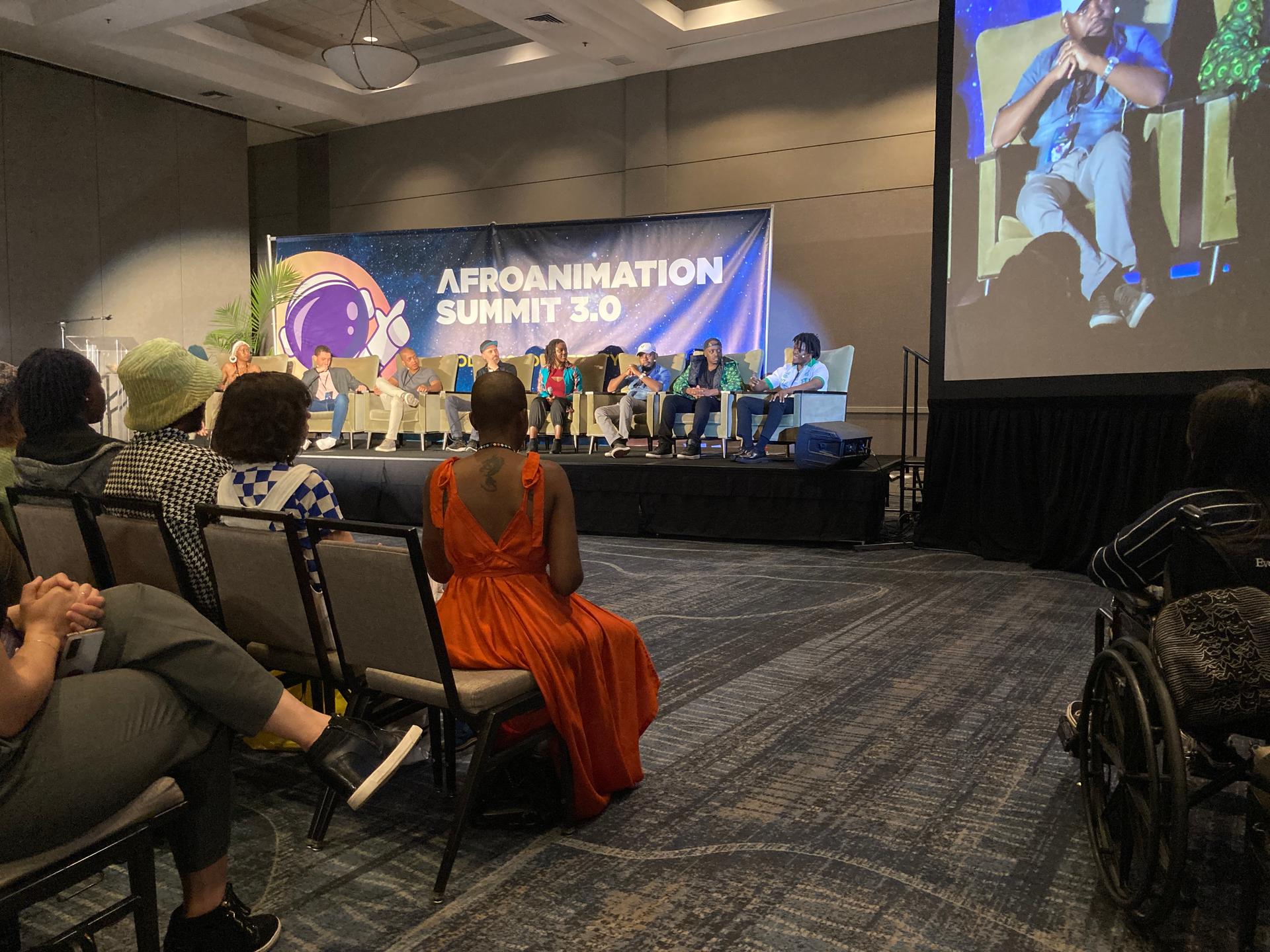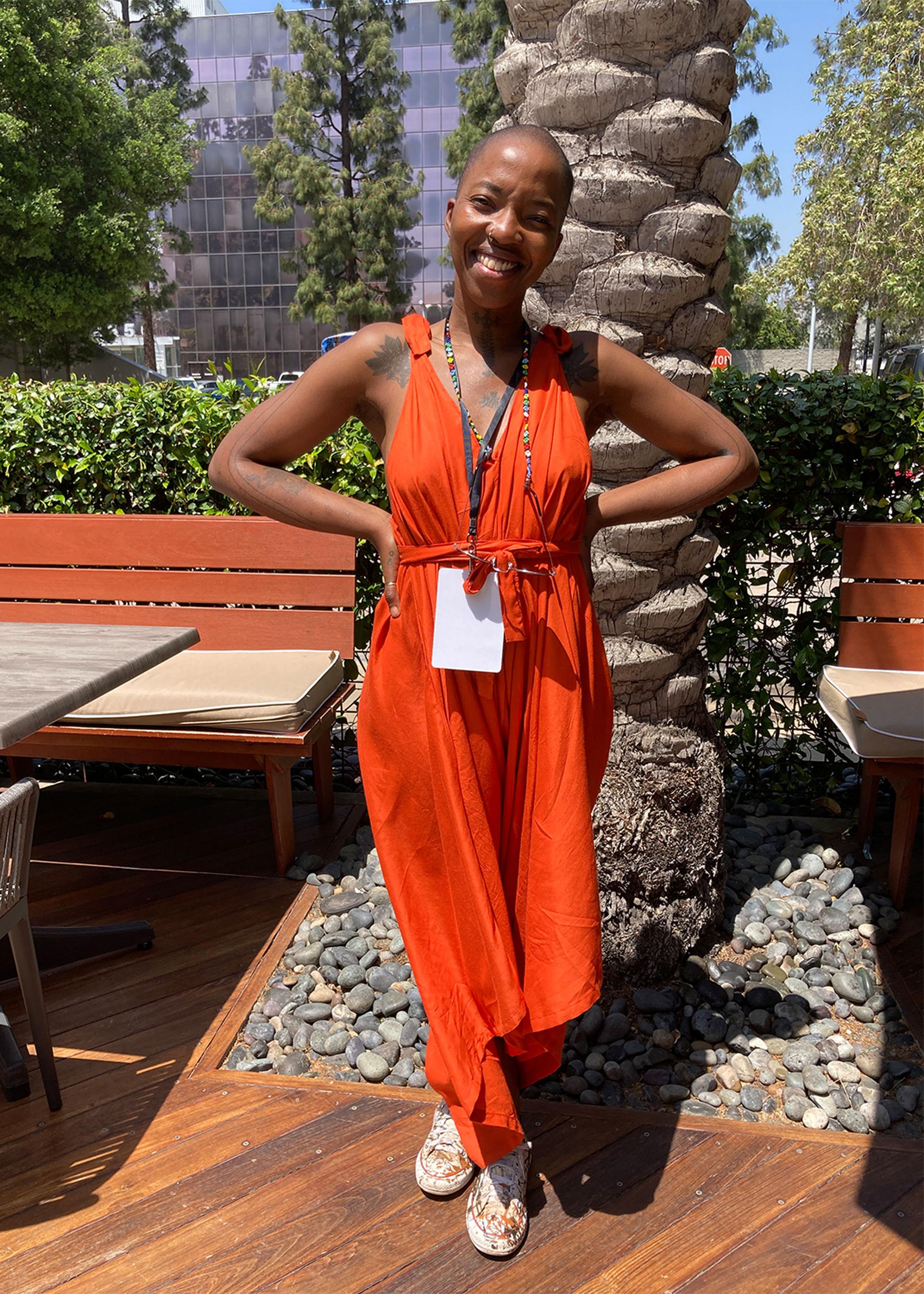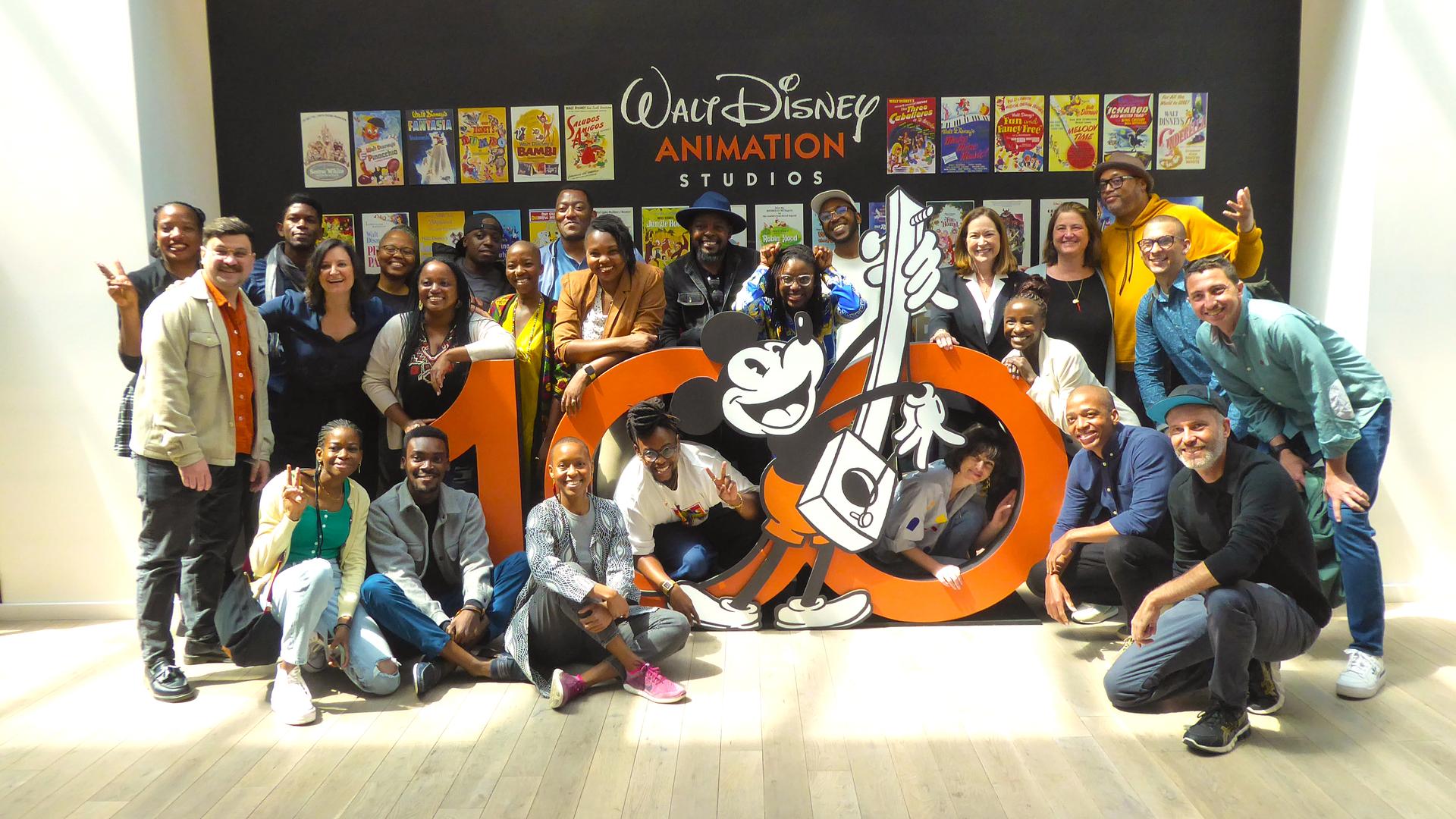Contemporary African animators make their mark on the international scene
The main character in the 1966 animated short “Bon Voyage Sim” is an African leader depicted as a toad. The film begins with Sim being invited to a neighboring country — a visit that is heralded with all the pomp and circumstance befitting his status.
Director Moustapha Alassane, known as the father of African animation, often featured toads and other animals to create allegorical critiques of the politics in his native Niger. His work was rendered in simple line sketches set against monochrome backgrounds.
Now, contemporary African animators are looking to make their own mark. And the companies courting them are also hoping to cash in on that ambition.
The current writer’s strike in the United States jeopardizing content creation for streaming services might, in fact, help international film and television productions fill the gap and reach global audiences. Business Wire has described Africa’s animation industry as one that has “the potential to emerge as an engine of growth for the continent.”
In April, the animation series “Jay Jay: The Chosen One” debuted across Africa on the streaming service Showmax, a partnership between Comcast and South Africa-based Multichoice TV. The series reimagines Nigerian soccer star Jay Jay Okocha as a preteen superhero fighting animal poachers.

Showmax has pledged to develop more homegrown cartoons and animated content in a bid to compete with Amazon’s and Disney’s growing presence across Africa. Company leaders have learned that locally produced shows fare well in countries such as Ghana, Kenya and Nigeria. Showmax is also available for streaming in European countries with large African diaspora communities, such as Belgium, Germany and the United Kingdom.
Also in April,Netflix reported that a six-year investment of nearly $2 million into African production projects netted millions in profits and created more than 12,000 jobs for the company.
African animation expands
Part of the new strategy includes animation.
The AfroAnimation Summit was created as a networking and recruitment event to connect animators from Africa, the Caribbean and the United States.
It began online in 2021 and went hybrid this year. Co-founder Rio Cyrus stood beaming at the event’s Burbank, California, Marriott venue as she reflected on its progress.
“When we look at our little Afro animation, it looks like a little mini-African Comic-Con. And we’re really proud of that.”
According to Cyrus, 2023 was the first year that almost every major studio was a sponsor.
“When we look at our little Afro animation, it looks like a little mini-African Comic-Con,” she said. “And we’re really proud of that.”
The Walt Disney Company was one of the studios in attendance. It screened a preview of “Kizazi Moto: Generation Fire,” an anthology of shorts co-produced with South Africa-based Triggerfish Studios that showcases the work of 10 different African animation teams.
South African writer and director Tshepo Moche contributed the supernatural coming-of-age adventure quest, “First Totem Problems” to the anthology. Moche said that making the short film for “Kizazi Moto” opened up new opportunities for her and her team.

Yilpet, like many other AfroAnimation attendees, said that animation is a great format for African narrative themes like ancestral communications, spirituality and the supernatural.
Representation in the industry
South Africa is heavily represented in the “Kizazi Moto” series. Like many anthologies of African creative work, a number of teams also feature Kenyan and Nigerian content makers.
Executive Producer Tendayi Nyeke credits experience and established infrastructure as reasons why these countries are often overrepresented in Africa’s global media landscape. But she’s convinced that this will change, and says her team was intentional about building greater technical capacity for future collaborations with creative partners in different countries.
However, Boukary Sawadogo — professor of cinema studies at the City University of New York and founder of the Harlem African Animation Festival — explained that anglophone countries in Africa have an advantage when it comes to working with international distribution platforms. He said that South Africa in particular has benefited from a long-standing relationship with Hollywood.
Sawadogo said that African leaders should collectively invest in developing channels, creating training opportunities and generating audiences on the continent and in the African diaspora.
Doing so, he said, would address a common challenge for many African countries: fostering opportunities and meaningful career outlets for young people.
Related: Oscar-nominated ‘Wolfwalkers’ blends environmental, spiritual history of Ireland
Our coverage reaches millions each week, but only a small fraction of listeners contribute to sustain our program. We still need 224 more people to donate $100 or $10/monthly to unlock our $67,000 match. Will you help us get there today?
